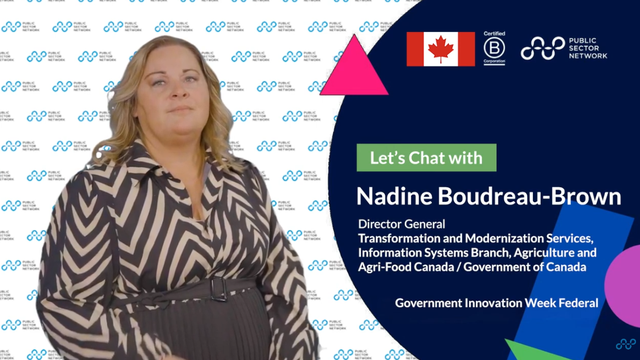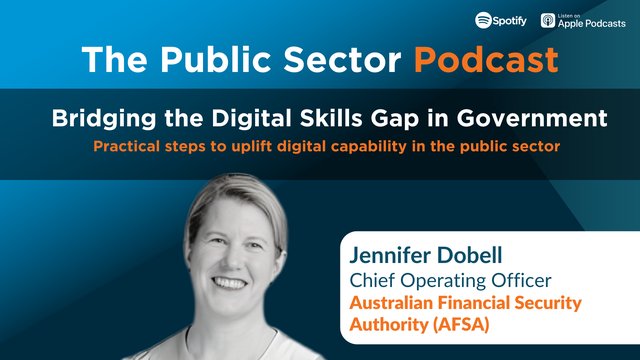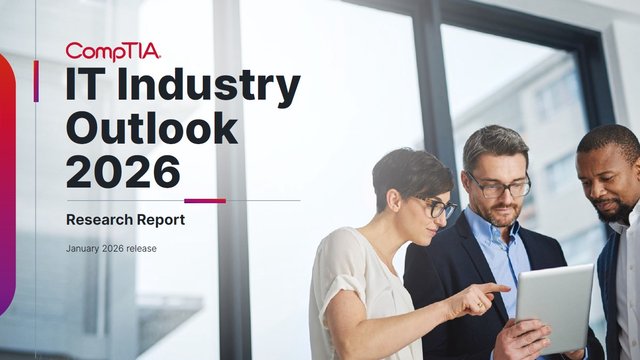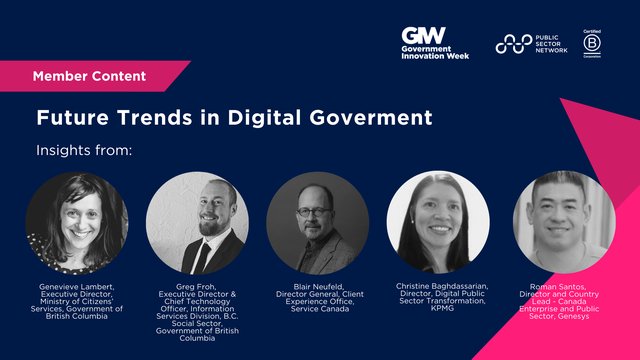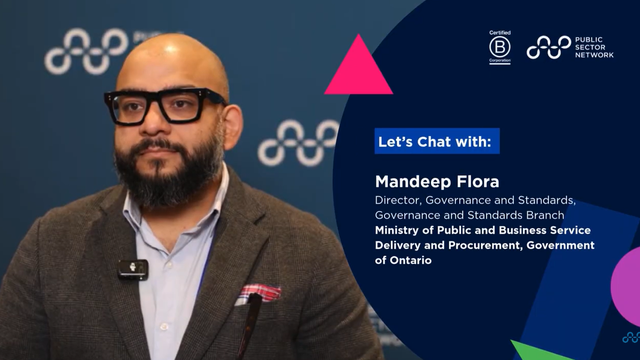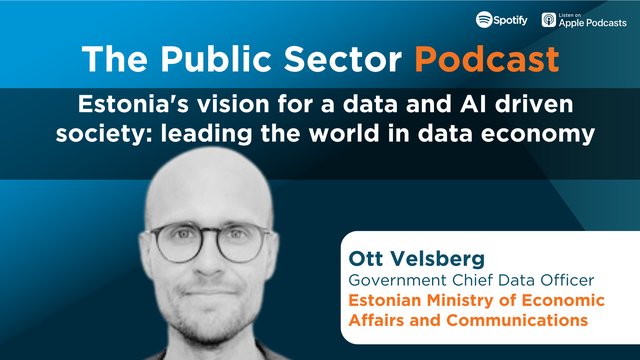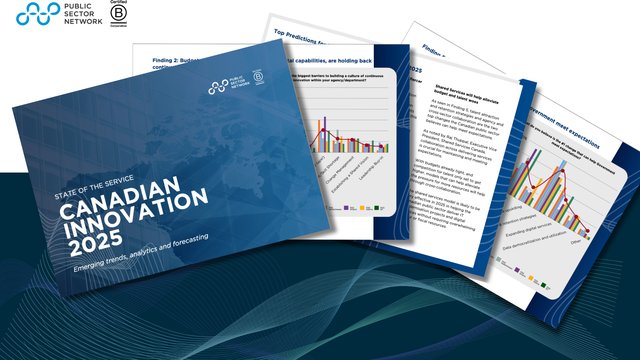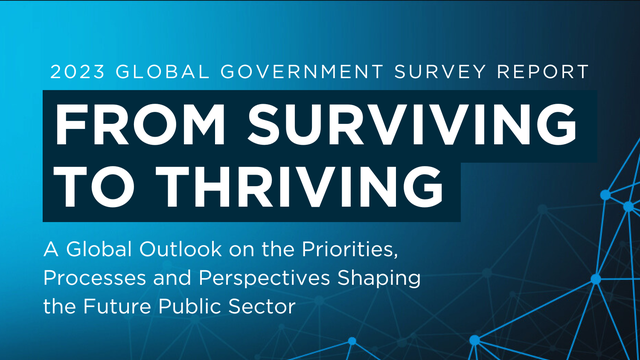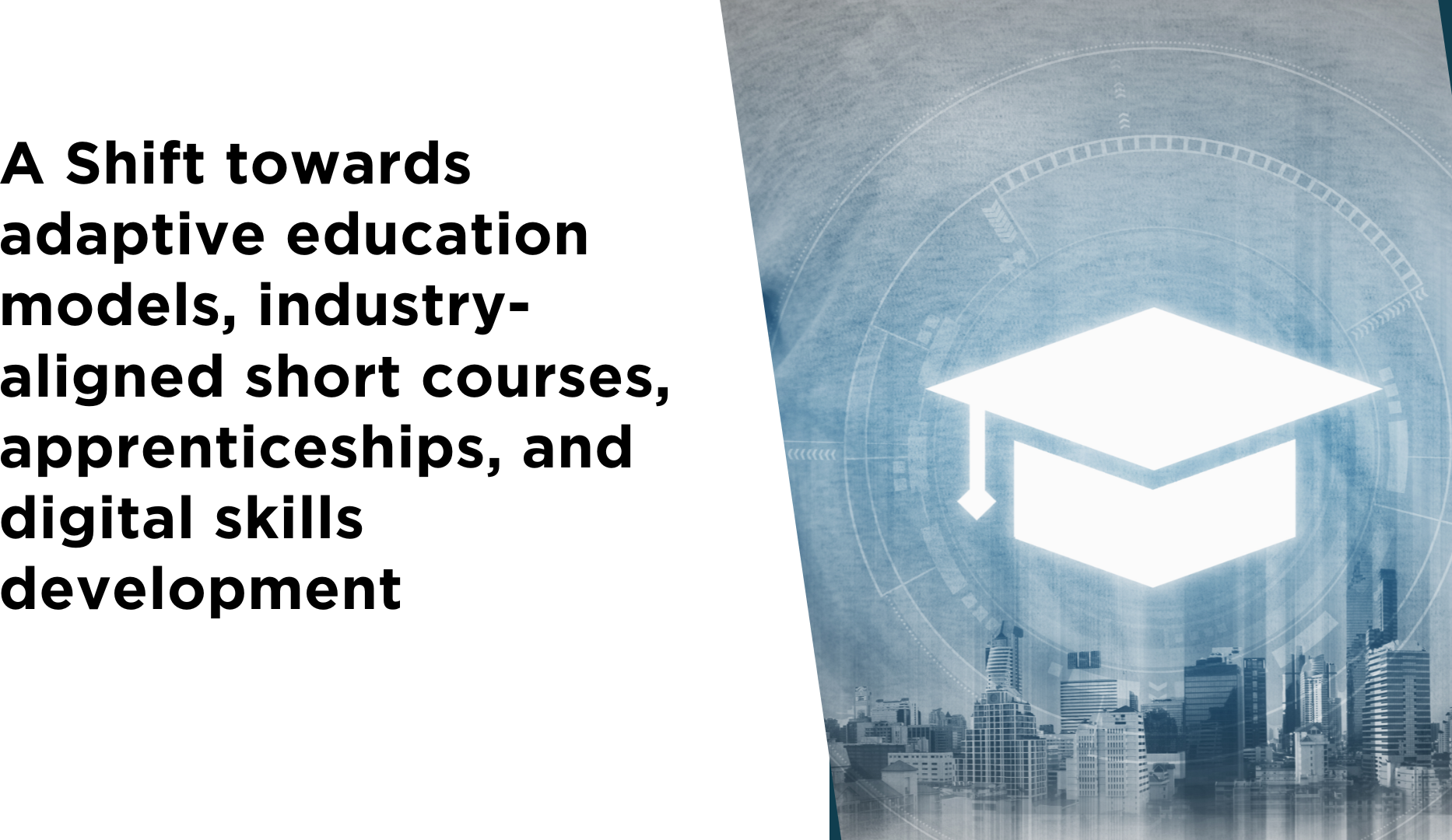
Professor Romy Lawson, Senior Deputy Vice-Chancellor, Flinders University
Quick Facts
Organisation: Flinders University
Key Focus: Workforce transformation through adaptive education
Challenge: Preparing graduates for a rapidly evolving workforce and technological disruption
Solution: Adaptive education models, industry-aligned short courses, apprenticeships, and digital skills development
Organisational Context
Flinders University recognises that technological change and workforce disruption are accelerating, requiring a new kind of graduate—one equipped not just with knowledge, but with adaptability. Traditional approaches to education that prepare students for fixed career paths are becoming outdated. Instead, the university is shifting its focus to developing ‘adaptive experts’ who can thrive in uncertain environments.
This transformation reflects a broader shift in the higher education sector, where graduates now face careers that may not exist at the time they begin their studies and are likely to hold multiple roles and even careers throughout their lives.
Challenge
The key challenge is keeping pace with rapid technological advancement, particularly in fields like AI, and preparing students for careers that are constantly evolving. Additionally, there is a widening gap between innovation and adoption—many individuals and institutions remain hesitant or lack confidence in using emerging technologies.
Furthermore, industry expectations have shifted. Employers now seek graduates with high levels of digital literacy, creativity, and adaptability. With jobs changing and AI reshaping every sector, universities must consider how to stay relevant and prepare students for ongoing career transitions.
Solution: Designing for Agility and Real-World Readiness
Flinders University has embraced a range of innovative education models, aligning closely with industry to develop relevant and scalable learning opportunities.
Developing Adaptive Experts
Flinders aims to prepare students for unfamiliar contexts and challenges by giving them the strategies, not just content, to adapt to change. The goal is not mastery of a single technology, but the ability to apply expertise flexibly across different domains.
Industry Collaboration and Co-Design
The university partners with industries such as defence and advanced manufacturing to co-design education programs:
- Diploma in Digital Technologies co-developed with BAE and ASC to upskill employees transitioning into defence-related digital roles
- Expansion into sectors like wine and education, including a national teacher training program for digital skills
Innovative Learning Pathways
- Work-Integrated Learning: Real-world industry placements integrated into programs
- Micro-Credentials: Targeted, just-in-time learning modules that address immediate workforce needs
- Apprenticeship Programs: Flinders’ newly launched degree apprenticeships allow students to earn while they learn, with their academic assessment embedded in their actual work environment
Pipeline and Outreach Initiatives
- Technical Colleges and Enrichment Academies: Outreach to secondary students to develop interest and readiness for careers in high-demand sectors
Implementation and Impact
Flinders' approach has led to:
- Hundreds of workers reskilled through flexible, industry-led programs
- Broader adoption across multiple sectors through transferable models
- Closer university-industry alignment, ensuring education is not only responsive but anticipatory
By embedding learners directly into workplace environments and focusing on short-form, stackable learning, the university is helping students and workers alike to keep pace with technological change and career fluidity.
Lessons Learned and Key Takeaways
- Adaptability is the new expertise – Preparing students for disruption means teaching them how to navigate the unknown, not just what to know.
- Collaboration is key – Industry co-design ensures education stays aligned with real workforce needs.
- Short-form, stackable learning is the future – Micro-credentials and apprenticeships support lifelong learning and career mobility.
- Not all change is negative – When embraced, disruption can be a catalyst for creativity, opportunity, and new ways of learning.
Path Forward
Flinders University continues to challenge traditional education models by embedding agility, adaptability, and industry relevance into its learning ecosystem. As Professor Romy Lawson asks, "Have universities changed enough?"—the journey toward building future-ready graduates is ongoing, but the foundation is set: create learners who are not just experts, but experts who can adapt.

